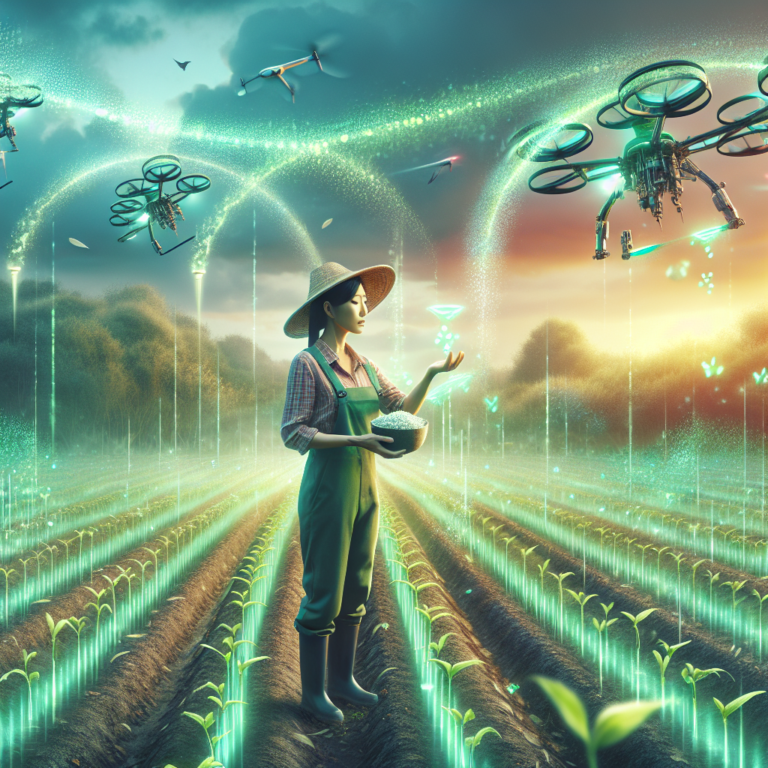Farming has long been a crucial industry, providing us with the food and resources we need to survive. But as the world population continues to grow and climate change threatens our crops, it has become increasingly clear that traditional farming practices are not sustainable in the long term. That’s where regenerative agriculture comes in.
Regenerative agriculture is a holistic approach to farming that focuses on restoring and enhancing the health of the soil, rather than depleting it. This involves practices such as minimal tillage, cover cropping, and crop rotation, all of which work towards building soil health and biodiversity. By taking care of the soil, regenerative agriculture aims to not only produce high-quality crops but also mitigate climate change by sequestering carbon in the soil.
One of the key principles of regenerative agriculture is the idea of “working with nature, not against it.” This means understanding and working with the natural processes that occur on a farm, rather than trying to control or manipulate them. By doing so, farmers can create a self-sustaining ecosystem that is resilient to external forces such as pests, diseases, and extreme weather events.
Regenerative agriculture also has numerous environmental benefits. By improving soil health, regenerative practices reduce the need for chemical fertilizers and pesticides, which can contaminate water sources and harm wildlife. Additionally, by sequestering carbon in the soil, regenerative agriculture has the potential to offset a significant portion of global greenhouse gas emissions.
But perhaps the most exciting aspect of regenerative agriculture is its potential to revolutionize the way we think about farming. By shifting the focus from maximizing yields to building soil health, regenerative agriculture opens up new possibilities for farmers to adapt to changing climate conditions and ensure long-term sustainability. This could be especially important in the face of climate change, which is already impacting crop yields and food security around the world.
In recent years, there has been a growing interest in regenerative agriculture among farmers, policymakers, and consumers. Organizations such as the Regenerative Agriculture Alliance and the Soil Health Institute are working to promote regenerative practices and provide resources and support to farmers looking to make the transition.
While regenerative agriculture is still a relatively small part of the farming industry, its potential to transform the way we grow food is significant. As we look towards a future where feeding a growing population and mitigating climate change are top priorities, regenerative agriculture offers a solution that is not only sustainable but also regenerative. The future of farming is changing, and regenerative agriculture is leading the way.
